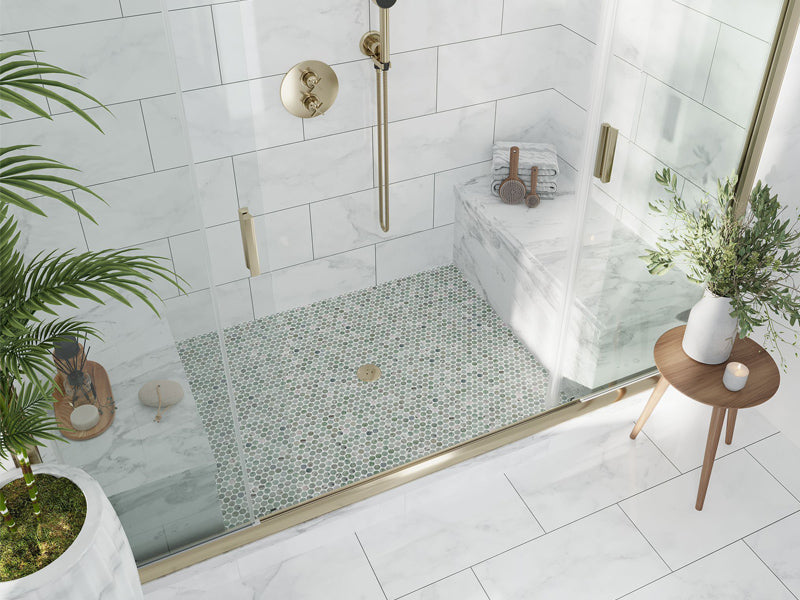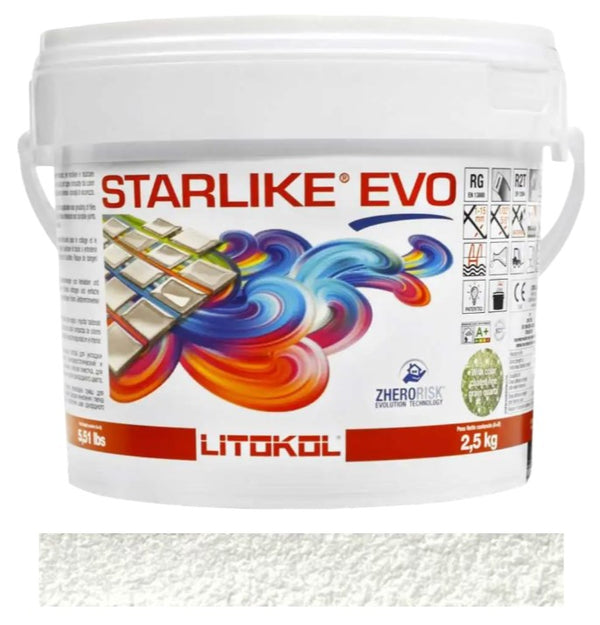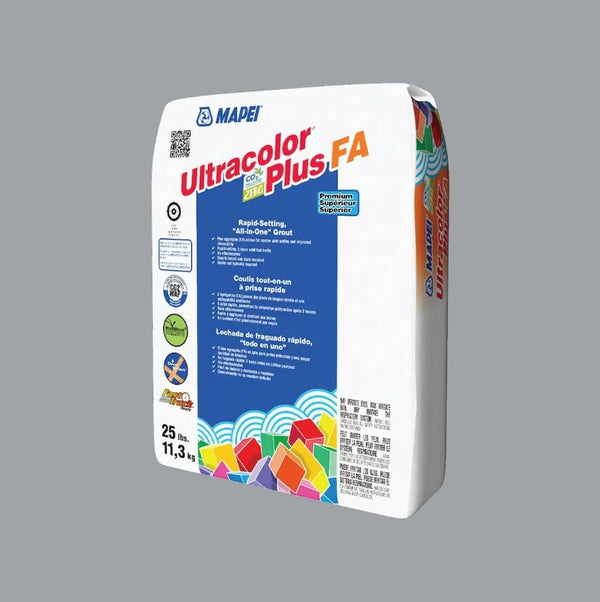Why Grout Selection Matters for Your Shower Floor
When designing a beautiful and functional shower floor, many homeowners spend most of their time selecting tile. While tile is undoubtedly important, the grout you use plays an equally critical role in the durability, appearance, and maintenance of your shower.
The right grout prevents water infiltration, resists mold and stains, and contributes to the overall design. Choose the wrong type, and you might face cracked lines, discoloration, or constant cleaning headaches.
In this guide, we’ll explore the best grout options for shower floor tiles, comparing material types, features, pros and cons, and which situations they’re best suited for.
Top Grout Types for Shower Floor Tiles
1. Epoxy Grout
Widely regarded as the gold standard for wet areas, epoxy grout is made from a combination of epoxy resins and a filler powder. It’s incredibly strong, waterproof, stain-resistant, and non-porous, making it ideal for high-moisture environments like shower floors.
Pros:
- Waterproof and impervious to mold and mildew
- Highly stain-resistant (great for light-colored grout lines)
- Very durable and long-lasting
- Never needs sealing
Cons:
- More expensive than cement-based grout
- Shorter working time—dries quickly
- Can be more difficult to apply and clean (especially for DIYers)
Best for: Mosaic tile floors, glass tiles, pebble tile installations, and any wet zone where performance and ease of cleaning are top priorities.
2. Cement-Based Grout (Sanded or Unsanded)
Traditional cement-based grout comes in sanded and unsanded versions. It's easy to mix and apply, making it a favorite for DIY installations. However, it’s porous and requires sealing—especially in wet environments.
Pros:
- Budget-friendly and widely available
- Easy to apply and touch up
- Available in a wide variety of colors
Cons:
- Absorbs moisture if unsealed, leading to mold or discoloration
- Needs regular sealing (every 6–12 months)
- Can crack or erode over time in high-traffic wet areas
Best for: Showers on a budget or lower-use bathrooms where you’re willing to maintain sealing.
3. Urethane Grout (Pre-Mixed)
Urethane grout is a pre-mixed, water-based product that offers excellent stain resistance and flexibility. It behaves like epoxy but is easier to use, making it a great alternative for those seeking low-maintenance and high performance without the complexity of mixing epoxy.
Pros:
- Pre-mixed and ready to use
- Flexible and crack-resistant
- Resistant to water and stains
- No sealing required
Cons:
- More expensive than cement grout
- Requires careful cleaning during installation
- Longer curing times (up to 7 days before water exposure)
Best for: Decorative or designer shower floors where aesthetics and easy maintenance are key, especially mosaics and textured tiles.
Choosing the Right Grout Color
In addition to material, grout color makes a huge impact on your shower floor tile design. Here are a few guidelines:
- Match the tile: A similar shade blends grout lines and makes the floor appear seamless.
- Go bold: Contrasting grout highlights the shape of each tile for a patterned or graphic effect.
- Use neutral tones: Soft grays, taupes, or beiges are timeless and easier to keep looking clean.
- Consider stain resistance: Lighter grout can show dirt and soap scum more easily—epoxy helps resist discoloration.
Grout Joint Width: What You Need to Know
The width of your grout joints affects both the appearance and performance of your shower floor:
- 1/8 inch or less: Use unsanded grout for smooth finishes and glass or polished tile surfaces.
- More than 1/8 inch: Use sanded grout for better strength and crack resistance.
- Irregular materials (pebble, handmade tile): Epoxy or flexible grout options help accommodate uneven joints.
Tips for a Long-Lasting Grout Installation
To ensure your shower floor grout stays looking great and functioning well:
- Use a grout float to press grout firmly into joints, avoiding gaps or air pockets.
- Clean up quickly after grouting—don’t let haze set on the tile surface.
- Seal cement-based grout after curing, and reapply sealant regularly.
- Use a mold-resistant caulk at transitions and corners, not grout, to allow for movement.
- Maintain proper ventilation in your bathroom to reduce moisture buildup.
Final Thoughts
Your grout choice for shower floor tiles impacts more than just aesthetics—it affects safety, longevity, and maintenance. While traditional cement-based grout remains a cost-effective choice, epoxy and urethane grouts offer unmatched performance in wet environments.
At Tile Choices, we recommend selecting grout based on your tile type, lifestyle, and willingness to maintain it. We also carry top-quality Starlike EVO epoxy grout for homeowners and pros who demand the best.






